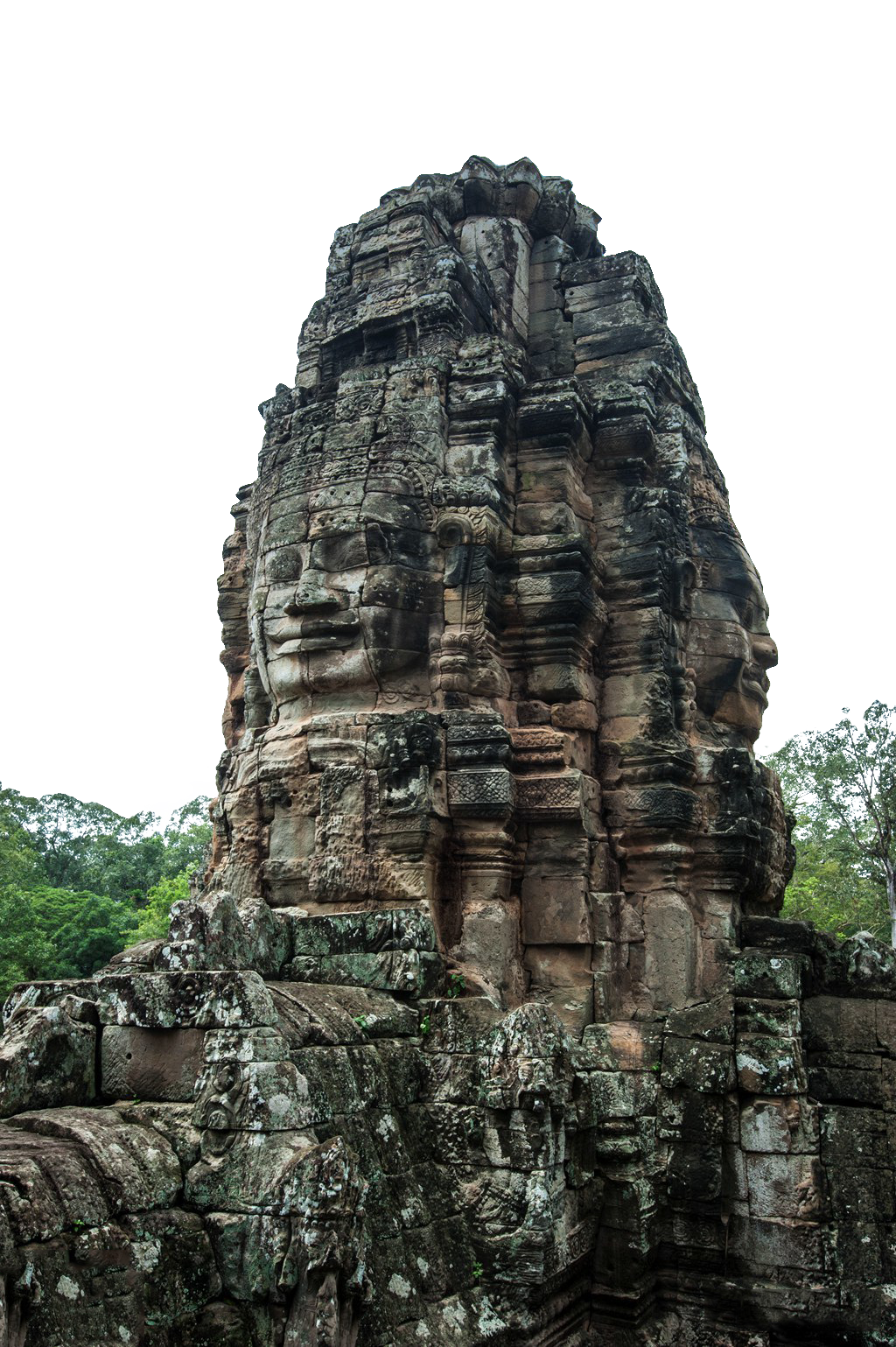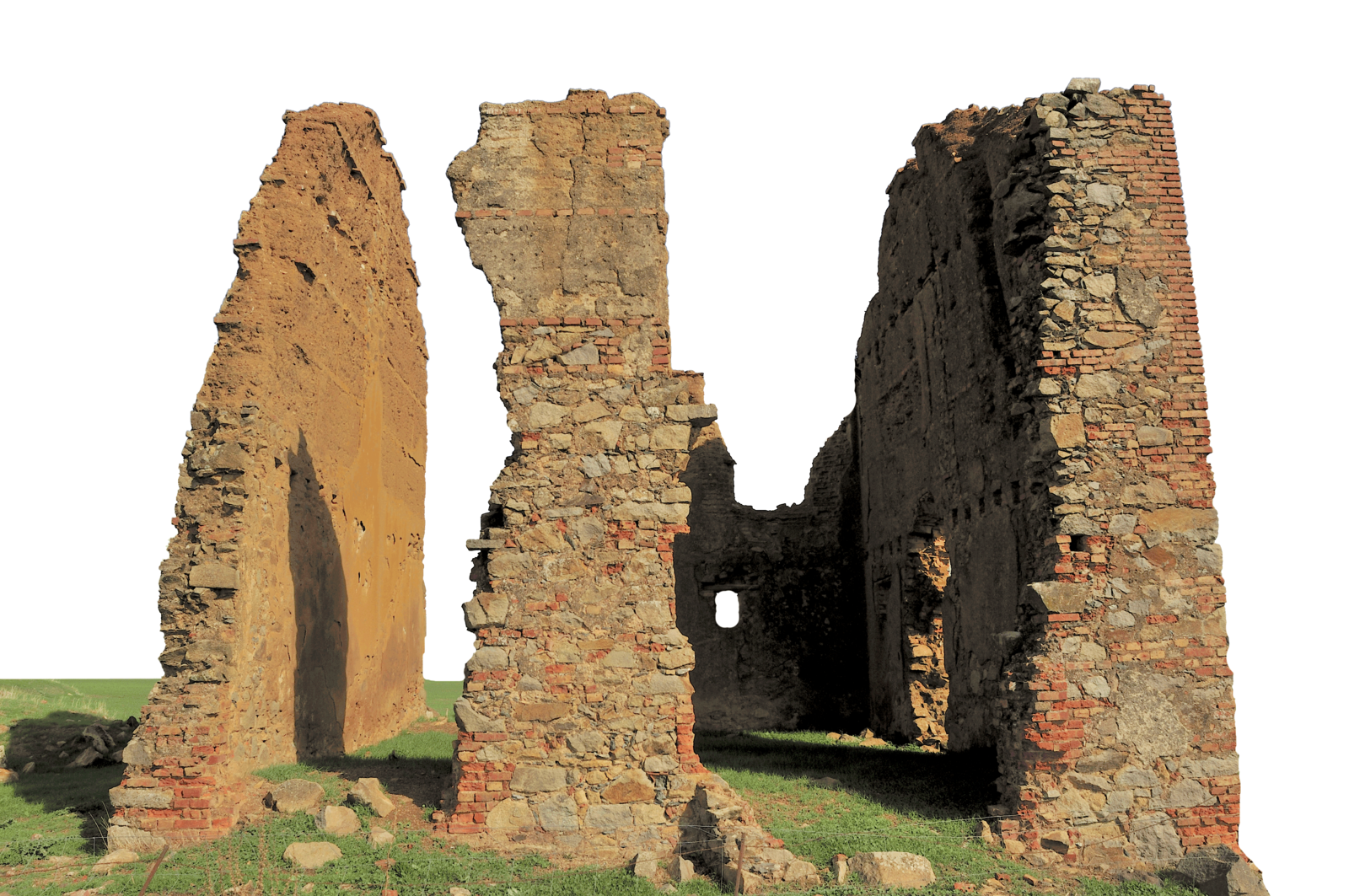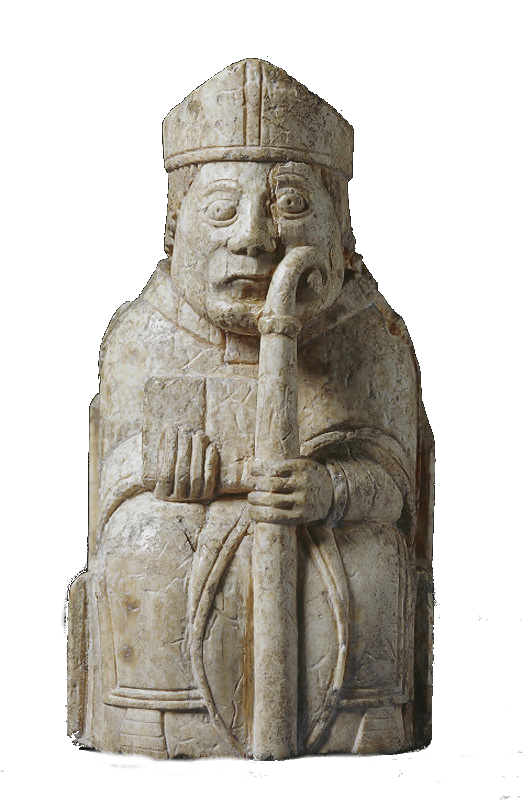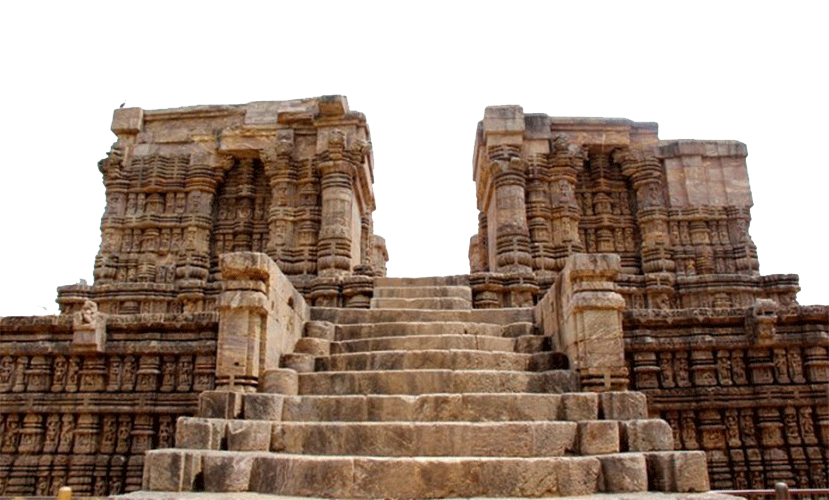It's quite interesting, when they read the output they found that the scroll said "As an AI language model, I cannot..."
The old civilisations truly were ahead of their times.

Notice Board
This is a work in progress, please don't mind the mess.
About
Archaeology or archeology[a] is the study of human activity through the recovery and analysis of material culture. The archaeological record consists of artifacts, architecture, biofacts or ecofacts, sites, and cultural landscapes.
Archaeology has various goals, which range from understanding culture history to reconstructing past lifeways to documenting and explaining changes in human societies through time.
The discipline involves surveying, excavation, and eventually analysis of data collected, to learn more about the past. In broad scope, archaeology relies on cross-disciplinary research. Read more...
Rules

Links
Archaeology 101:
Get Involved:
University and Field Work:
Jobs and Career:
Professional Organisations:
FOSS Tools:
Datasets:
Fun:
Other Resources:

Find us on Reddit

It's quite interesting, when they read the output they found that the scroll said "As an AI language model, I cannot..."
The old civilisations truly were ahead of their times.
This is the best summary I could come up with:
When the blast from the eruption of Mount Vesuvius reached Herculaneum in AD79, it burned hundreds of ancient scrolls to a crisp in the library of a luxury villa and buried the Roman town in ash and pumice.
The disaster appeared to have destroyed the scrolls for good, but nearly 2,000 years later researchers have extracted the first word from one of the texts, using artificial intelligence to peer deep inside the delicate, charred remains.
The discovery was announced on Thursday by Prof Brent Seales, a computer scientist at the University of Kentucky, and others who launched the Vesuvius challenge in March to accelerate the reading of the texts.
The unopened scrolls belong to a collection held by the Institut de France in Paris and are among hundreds recovered from the library at the villa thought to be owned by a senior Roman statesman, possibly Lucius Calpurnius Piso Caesoninus, the father-in-law of Julius Caesar.
Two computer science students, Luke Farritor in Nebraska and Youssef Nader in Berlin, who took up the Vesuvius challenge, improved the search process and independently hit on the same ancient Greek word in one of the scrolls: “πορφύραc”, meaning “purple”.
“The strong suspicion is that the non-philosophical part of the library remains to be discovered, and here fantasy runs riot: new plays of Sophocles, poems of Sappho, the Annals of Ennius, lost books of Livy and so on,” said Robert Fowler, emeritus professor of Greek at the University of Bristol.
The original article contains 656 words, the summary contains 244 words. Saved 63%. I'm a bot and I'm open source!
Not "AI". It's a standard machine learning model Seems to be some image segmentation plus extras using PyTorch. The original source never mentioned the term "AI", so why did the Guardian decide to bandwagon jump? The research and discovery is just as exciting without smacking the AI label on it.